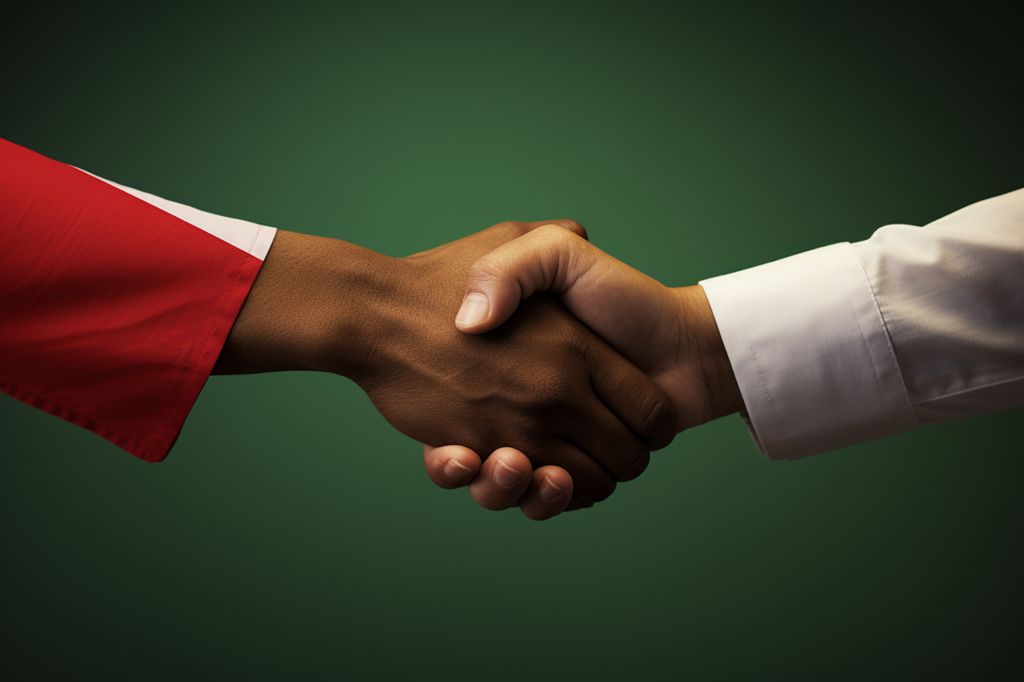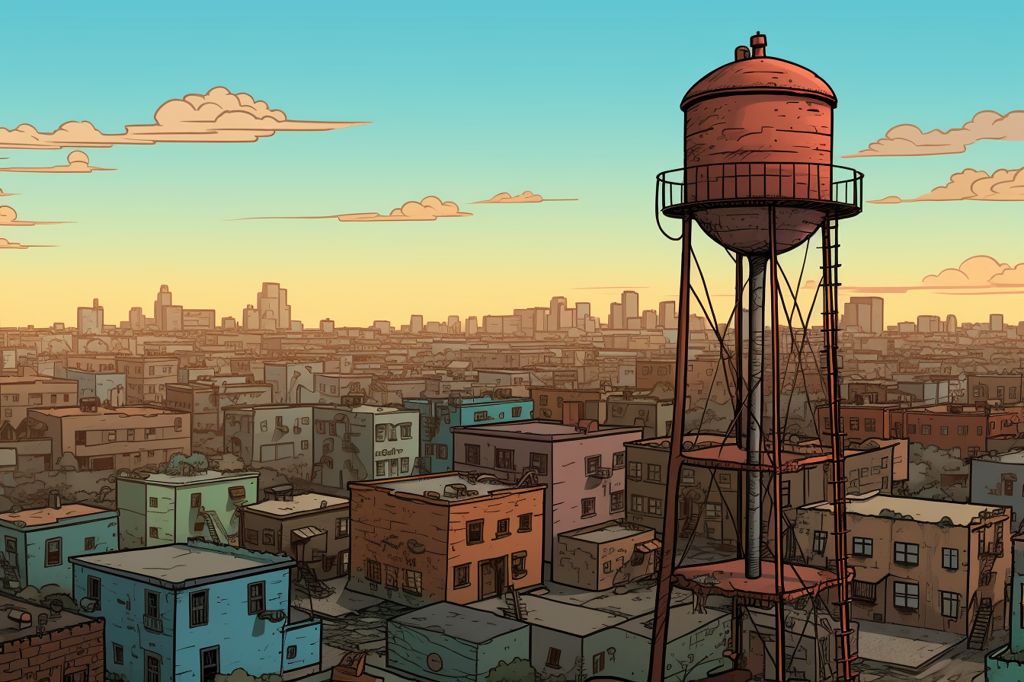South Africa and Tunisia will hold political consultations to assess and improve their bilateral relations. The meeting will focus on economic collaboration, security, healthcare, and science and technology. The two countries hope to strengthen their diplomatic ties through an institutionalized agreement and potentially create a positive impact on the African continent.
Building Diplomatic Bridges
On September 29th, 2023, South Africa’s Minister of International Relations and Cooperation, Dr. Naledi Pandor, will welcome her Tunisian counterpart, Minister Nabil Ammar, for a crucial round of political consultations. The purpose of the meeting is to review the current state of bilateral relations between the two countries and identify opportunities for further cooperation in diverse sectors, including economic collaboration, security, health, and science and technology.
South Africa and Tunisia have enjoyed diplomatic ties since 1995, shortly after apartheid ended. Over time, the two nations have nurtured their relationship, resulting in many joint initiatives and agreements. The forthcoming political consultations offer an essential forum for the two ministers to assess their progress and pinpoint potential areas for mutual advantage.
Economic and Security Collaborations
The consultations will undeniably prioritize economic cooperation. As both nations struggle with the financial consequences of the COVID-19 pandemic, the demand for greater trade and investment has become increasingly evident. The ministers will likely explore strategies to increase commerce between their countries, taking advantage of their respective economic strengths. South Africa, renowned for its mining, automotive, and renewable energy sectors, may find synergies with Tunisia’s thriving tourism, textile, and information technology industries.
Security issues will also be a significant focus in the discussion, as both countries confront their unique challenges. South Africa has been dealing with escalating crime rates and persistent protests, while Tunisia contends with terrorism and political instability. The ministers might consider joint efforts to enhance regional security, exchange intelligence, and assist each other in maintaining peace and stability.
Cooperation in Health and Science and Technology
The health sector is another vital area for potential collaboration. Both South Africa and Tunisia have made remarkable progress in developing their healthcare systems, with Tunisia often viewed as an example of affordable and efficient healthcare in Africa. The two countries could exchange best practices and knowledge, strengthening their healthcare delivery capabilities and supporting each other in addressing urgent public health issues.
Collaboration in science and technology presents promising opportunities for both nations. South Africa is a leading player in the African research arena, with substantial investments in areas such as astronomy, biotechnology, and renewable energy. In contrast, Tunisia has been progressing in digital transformation, using technology to drive economic growth and innovation. A partnership in this domain could enable knowledge sharing, joint research projects, and technology transfers, ultimately enhancing both countries’ scientific and technological capacities.
Institutionalizing Diplomatic Relations
A vital component of the political consultations will be the signing of a Memorandum of Understanding (MoU) on Regular Diplomatic Consultations. This agreement aims to institutionalize and streamline ongoing dialogue between the two nations, fostering a deeper political understanding and setting the stage for future cooperation.
The significance of these discussions goes beyond the bilateral context, as both South Africa and Tunisia play crucial roles in their respective regions. South Africa, the economic powerhouse of the Southern African Development Community (SADC), and Tunisia, a prominent member of the Arab Maghreb Union, wield considerable influence in their neighborhoods. Strengthening their partnership could potentially create positive ripple effects throughout Africa, encouraging regional stability and economic development.
A Renewed Commitment to Partnership
The upcoming political consultations represent a renewed dedication to collaboration between South Africa and Tunisia. By building on their existing relationship, identifying new areas for cooperation, and formalizing their diplomatic ties through the MoU, the two African nations stand to benefit greatly from this partnership. As they tackle their individual challenges and seize opportunities for growth, a strong bilateral relationship may prove invaluable in realizing their common vision for a prosperous, stable, and interconnected Africa.
1. What is the purpose of the political consultations between South Africa and Tunisia?
The purpose of the political consultations is to review the current state of bilateral relations between the two countries and identify opportunities for further cooperation in diverse sectors, including economic collaboration, security, health, and science and technology.
2. When will the political consultations take place?
The political consultations will take place on September 29th, 2023.
3. What sectors will the consultations focus on?
The consultations will focus on economic collaboration, security, healthcare, and science and technology.
4. What is the significance of the Memorandum of Understanding (MoU) on Regular Diplomatic Consultations?
The MoU aims to institutionalize and streamline ongoing dialogue between the two nations, fostering a deeper political understanding and setting the stage for future cooperation.
5. What economic strengths do South Africa and Tunisia have?
South Africa is renowned for its mining, automotive, and renewable energy sectors, while Tunisia has a thriving tourism, textile, and information technology industries.
6. What are some security challenges faced by South Africa and Tunisia?
South Africa has been dealing with escalating crime rates and persistent protests, while Tunisia contends with terrorism and political instability.
7. What healthcare issues might South Africa and Tunisia collaborate on?
The two countries could exchange best practices and knowledge, strengthening their healthcare delivery capabilities and supporting each other in addressing urgent public health issues.
8. What opportunities for collaboration in science and technology exist between South Africa and Tunisia?
A partnership in this domain could enable knowledge sharing, joint research projects, and technology transfers, ultimately enhancing both countries’ scientific and technological capacities. South Africa has substantial investments in areas such as astronomy, biotechnology, and renewable energy, while Tunisia has been progressing in digital transformation.








